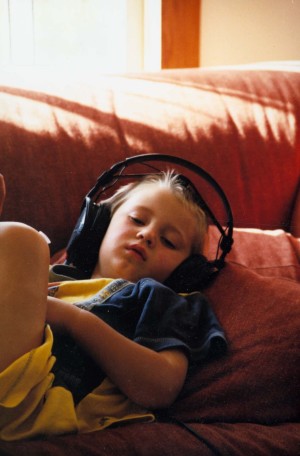We all know that there’s a difference between hearing and listening. When we are totally absorbed in our thoughts, we may still hear the voice of a friend or the music on the radio, but effectively we have ’tuned out’. This experience that we are all familiar with is a day to day occurrence in autistic children. For them it is not the ‘tuning out’ that is exceptional, but rather the ‘tuning in’ that they fail to manage.
Autism: The Purest Form Of Non-Listening
Desensitizing these children against this overdose of stimuli is often the first thing that needs to happen. Parents whose children are going through the programme report that, little by little, their children are able to cope better. They cover their ears less, hold eye contact more, and especially the fine motor skills improve. There are also changes for the better in sleeping patterns and appetite.
For those without language, vocalisation increases. Repetitive body movements decrease, and they are observed to handle social situations better. Instead of isolating themselves, they will begin to seek contact by touching, looking and holding hands. They become more responsive in all sorts of ways, and may begin to refer to themselves and others using “I” and “you” and first names.

The rate of improvement varies, but generally with autism the programme consists of more hours and a longer time span than the regular Listening Training of generally 45 to 60 hrs. Although we once had a young client who moved from grunting sounds to his first proper word in two weeks time – see article in the Nelson Mail – that really was exceptional.
It is more prudent to state that with those ‘on the spectrum’ you would need a more extensive protocol in order to achieve the following benefits:
- Better eye contact.
- Better communication.
- Better posture.
- Better sleep.
- Better appetite.
- Better handling of new stimuli, so fewer tantrums.
- Increase of attention span.
- Improvement of gross and fine motor skills.
There is a special ‘note on Aspergers’ in our ‘ Personal Notes’ pages. You also may want to check out information on our Parents’ Programme. No child is the same, so do feel free to discuss your particular situation with us.


